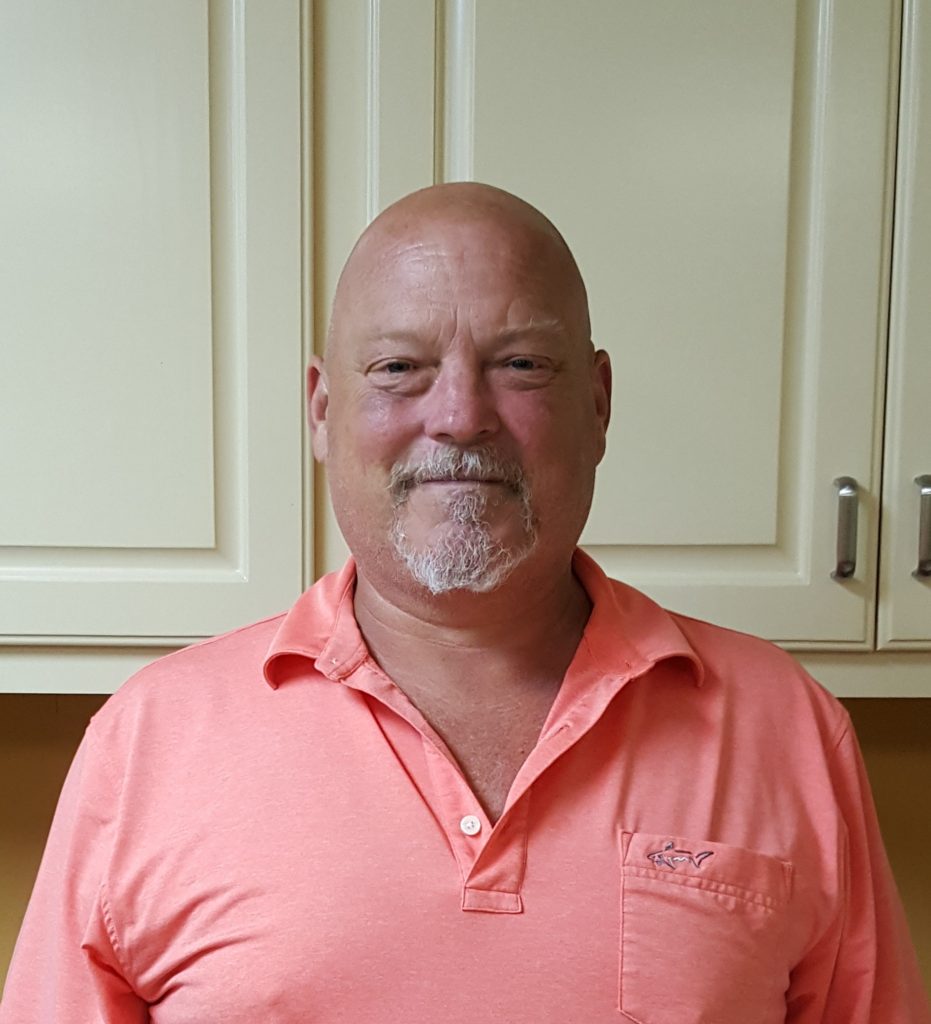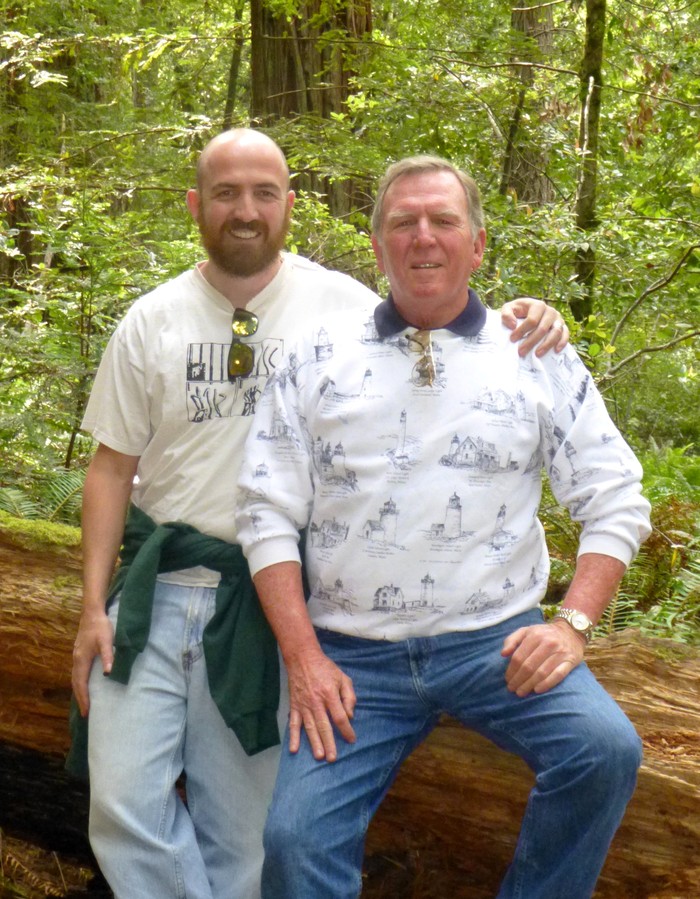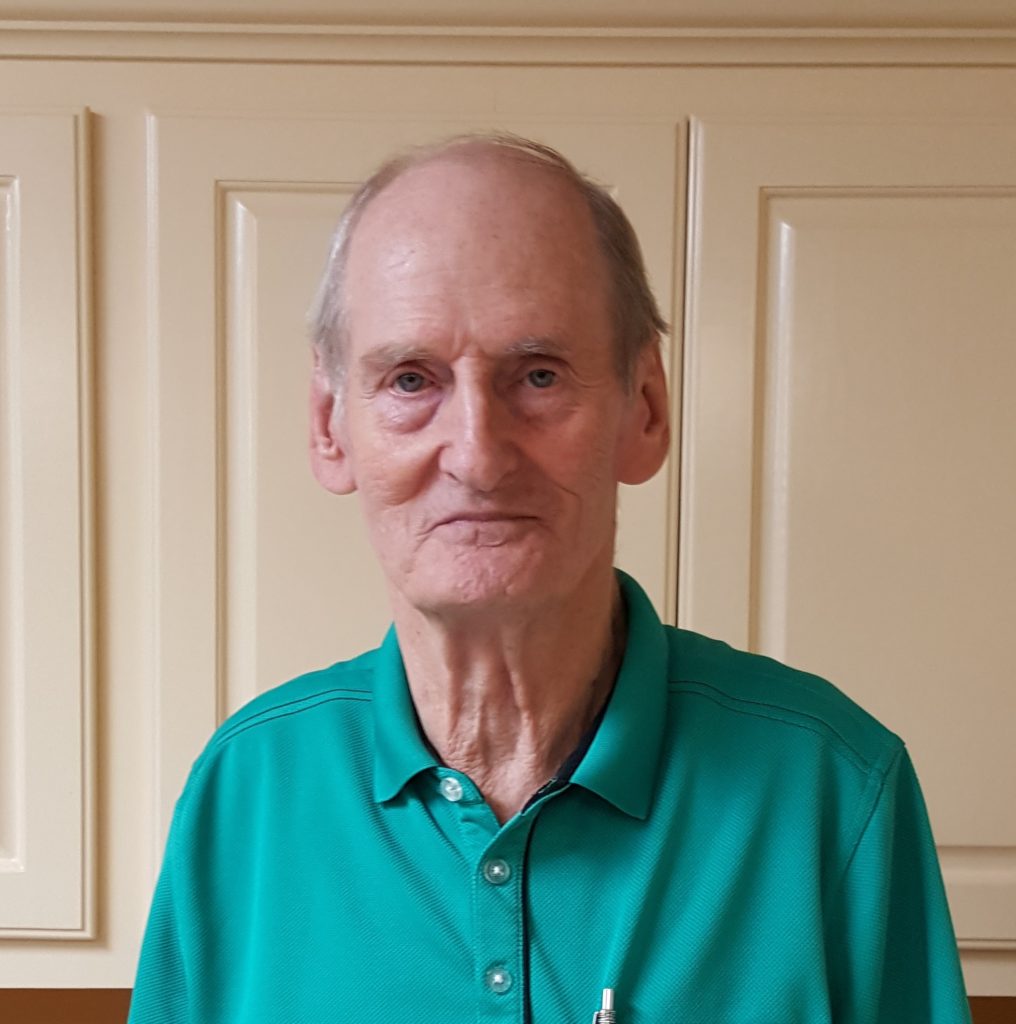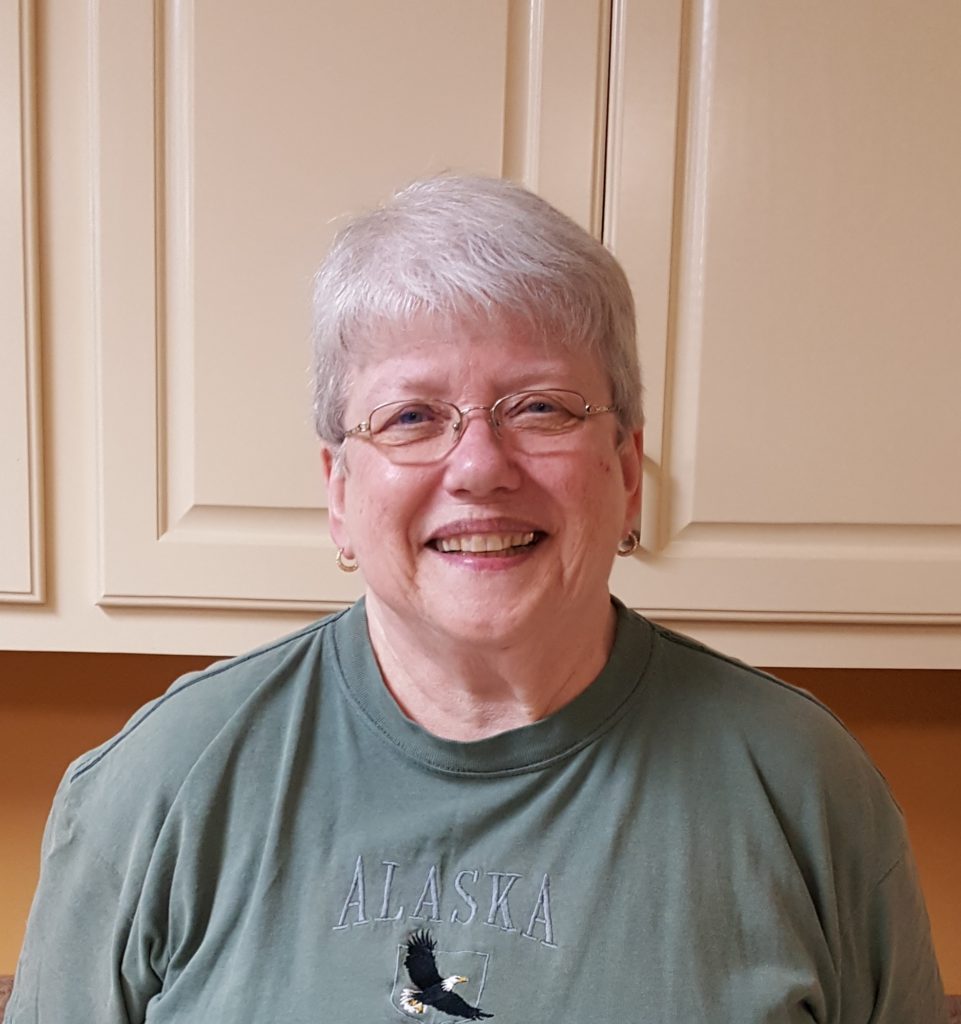
Prostate Cancer was My Doorway into Vibrant Health and an Expansive and Happy Life

Name: Jack M.
Age: 70
Location: San Francisco
Health Challenge: Prostate cancer. Family history of heart disease.
Greatest Motivation: All of the measures of my overall health improved, some of them very substantially. That’s because the program has not only taught me to enjoy life; it’s taught me how to participate in life at a deeper level. Today, I’m able to enjoy the things that have always been in my life much more profoundly than ever before. Nature, for example—I find myself experiencing and appreciating nature much more deeply than before joining the program. In addition, my ability to empathize has grown and begun to feel more natural. I’m even able to love more deeply. Take my relationship with my son. We have always been close, but we are closer today than we’ve ever been. I have a wonderful family. I have wonderful friends. I am able to appreciate my life. And it’s that appreciation for life—that connection to people, to groups, and to the world—that I feel more vibrantly today than I ever did before.
His Story: Prostate cancer is one of the best things that has ever happened to me. I say that all the time—partially to grab people’s attention, but primarily because it’s true. It’s true because prostate cancer was my doorway into the Ornish Program, into vibrant overall health, and into an expansive and happy life.
“The Ornish Program doesn’t just target one disease or another; it targets the whole body—the whole health system.”
I was officially diagnosed with prostate cancer in 2003, but I’ve probably had it since 2001. I was also concerned about my heart at the time, because the men in my family have a long history of heart disease—my father, uncle, and grandfather all died of heart attacks by the age of 50, and I was already 59. So I was looking for some type of change. Around that time I read Dr. Ornish’s book, Reversing Heart Disease, and was inspired. I was convinced that it was the best thing I could do to reduce my risk of heart disease while also helping my prostate cancer. Furthermore, I believed that the program would improve my overall health because the Ornish Lifestyle Medicine Program (Intensive Cardiac Rehabilitation) doesn’t just target one disease or another; it targets the whole body—the whole health system.
These beliefs turned out to be exactly right—the Ornish Program dramatically improved my overall health in every way. It’s truly a shame this program wasn’t around when my father died because he would have lived a whole lot longer if it had been. The main physical outcome of the program, as far as I’m concerned, is that my prostate cancer has reduced in size and is now small and contained. I’ve been on the program for nine years now and haven’t had any cause to have surgery or undergo any of the traditional prostate cancer treatments. And, as I had predicted, the program helped with more than just my prostate cancer; my cholesterol decreased significantly, my blood pressure decreased significantly—basically all of the measures of my overall health improved, some of them very substantially. It was an amazing transformation.
The program’s impact on my life, however, has been far more than just physical. This became most apparent to me last year, when I was lying in a hospital bed after being taken to the emergency room with an irregular heartbeat. I was hooked up to a bunch of machines and the nurses kept rushing in. I was worried. While I lay there in the hospital at 69 years old, I kept thinking about the long history of men in my family who had died of heart attacks before age 50. I remember thinking to myself, “Well, maybe this is it.” I was exploring the consequences of death in my mind—exploring what it would mean for my loved ones. It was a dark feeling. But then a new feeling came over me—a feeling that I wasn’t ready to die, a feeling that I had more to do. I wasn’t avoiding death; I just wasn’t done with life.
That feeling—that determination that I felt that day—captures the excitement for life that the Ornish Program has given me. That feeling is indicative of living an expanded life. That feeling is indicative of true participation in life. That feeling, which was born and nurtured by the Ornish Program, got me through that day in the hospital, got me through my recovery, and got me to where I am today.
My life would be very different if I had never been on the Ornish Program. Primarily, it would be smaller. That’s because the program has not only taught me to enjoy life; it’s taught me how to participate in life at a deeper level. Today, I’m able to enjoy the things that have always been in my life much more profoundly than ever before. Nature, for example—I find myself experiencing and appreciating nature much more deeply than before joining the program.
In addition, my ability to empathize has grown and begun to feel more natural. I’m even able to love more deeply. Take my relationship with my son. We’ve always been close, but we are closer today than we’ve ever been. I have a wonderful family. I have wonderful friends. I am able to appreciate my life. And it’s that appreciation for life—that connection to people, to groups, and to the world—that I feel more vibrantly today than I ever did before. That is why prostate cancer truly is of one the best the things that has ever happened to me.
It’s important to note that I began to feel healthy—to feel vibrantly healthy—within mere days of joining the program. This is a very important thing for some people to understand; many people, when they first look at the Ornish Program, think “I can’t do that. It’s too onerous.” But that isn’t the case. Well within your first 90 days of joining the program, your tastes change. For example, I love cheese, and in less than 45 days on the program, my desire for cheese—for Big Macs, for anything like that—completely evaporated. When I saw those foods I’d think, “I don’t want that anymore. I don’t have an appetite for that.” As time goes on, the effect increases; I’ve gotten to the point where I feel a little queasy whenever I walk by a fast food restaurant. The overall point is that the body adapts, and continues to adapt, for as long as you continue the program. This makes it possible to not only join the program, but to sustain and enjoy it.
Each of the components of the program has had a profound effect on me, but the aspect that has had the greatest impact has been the group support. Throughout the program, my group members supported each other immensely and became very close. At first, however, the sharing and closeness was not easy for everyone to adapt to. Since the program centered on prostate cancer, it was totally comprised of men, and our group had every type of man you could think of—butchers, truck drivers, lawyers, you name it. So whatever clichés you can imagine about men having a hard time opening up to each other took place in our sessions. But eventually we did open up, and we did come together, and we were all happier and healthier for it.
Usually when medical research programs like this end, people go their separate ways and that’s that. But not us. When our program ended we all decided that we wanted to stay together, so that’s what we did. Our self-directed community operates to this day; we meet regularly, we pay dues, we elect leaders—we do everything. So I feel very strongly about the value of these communities, and I’ll tell you why. The communities are important because everybody falls off the program at some point. That’s life—it’s hard to keep riding the horse at all times. But with the community, it’s easy to get back up on the horse when you fall off. Nobody wags their fingers at you or tries to guilt you into anything; we just say, “We’re here. We’re going to be here for a long time. We’ve all fallen off the program. What can we do to help you get back on?” So that is where the commitment, the support, the sustainability of the program lies—in the relationships that you develop and in the friends that you rely on.
The stress management is also a key component of the program. I like to use medieval bows and arrows as an analogy for stress, and I like to think of the Ornish approach to stress as the Three Levels of Stress Management. The first level of stress management is to get your mind to the point that when stress does hit your body—when the stress-arrows pierce your skin—you are able to recover. That’s very important to do. The second level of stress management is to not let the stress arrows ever reach your skin—to put up a shield in front of you that keeps you safe. This level includes practices that reduce stress in your life before it affects you. For me, this can be something as simple as reading the news rather than watching it on TV.
The third level of stress management is reversing the arrows, sending them back away from you. You can do that through good works; everybody knows how much better they feel when they do something for someone. It can be something as simple as helping someone across the street or it can be as big as working at a non-profit. Those are the Three Levels of Stress Management, and the Ornish program teaches all three levels very well.
Contributed by
Better Health Begins With You...
Have something to contribute?
-
Jaymie May 28, 2015
Thank you so much for sharing your story here. I was deeply moved by this post!
-
Jaymie May 28, 2015
Thanks for this moving article, Jack. I was touched by your sharing of your experience with the Ornish Program and all that it has meant to you.
Up Next for You


The Program Has Made Me Feel Better About Myself





